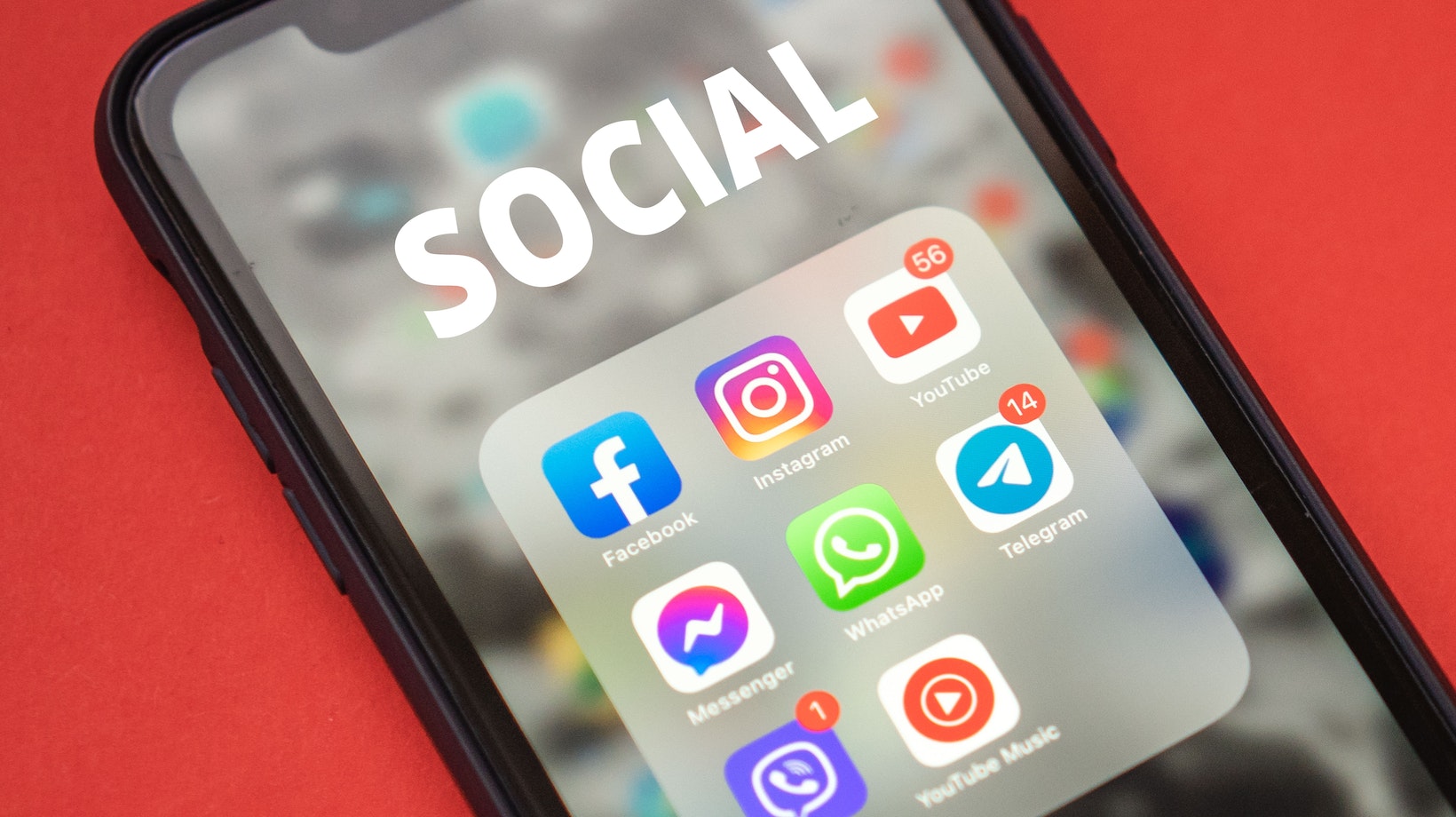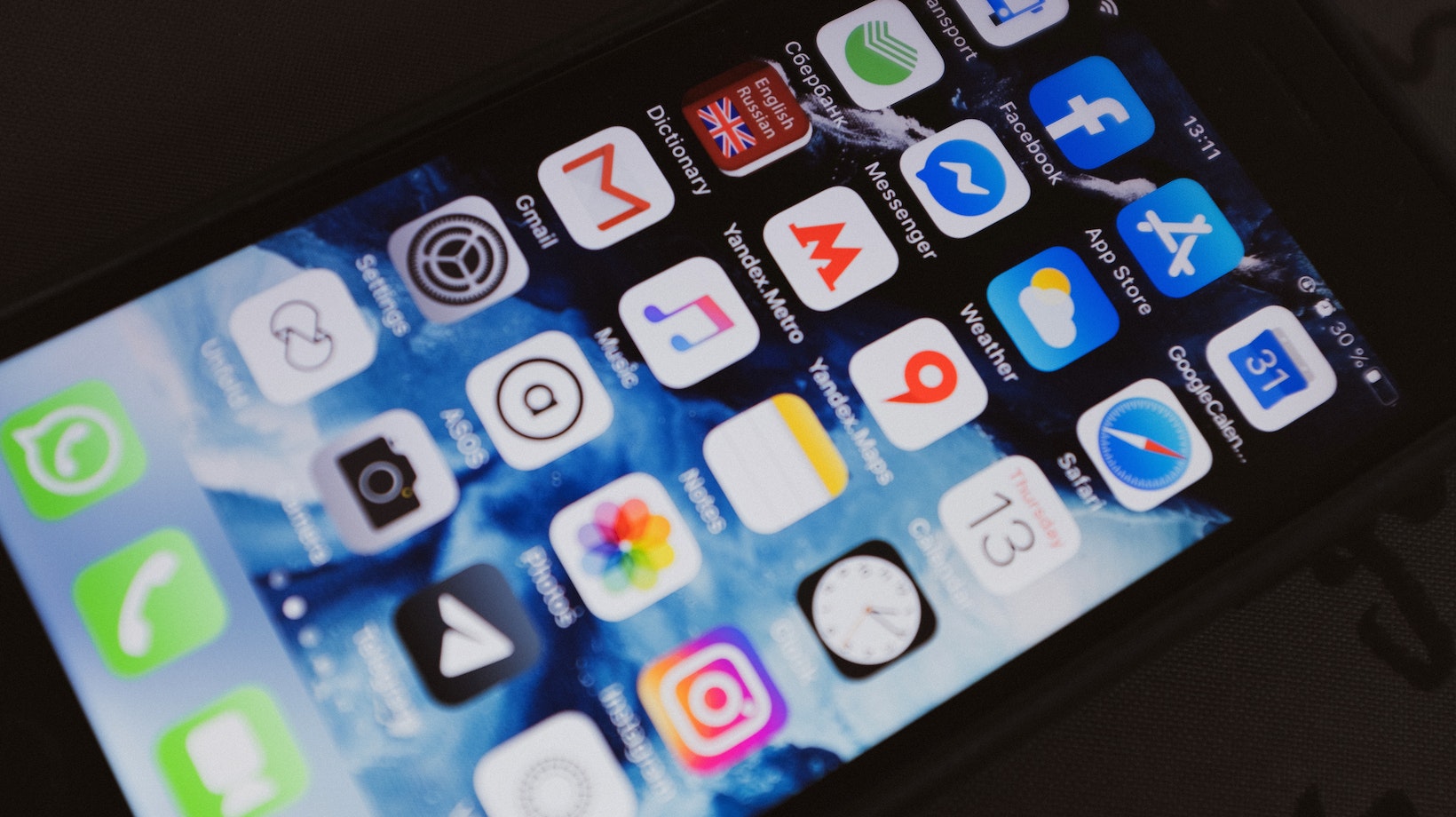Wondering if WhatsApp messages can be subpoenaed for divorce proceedings? The answer is not a straightforward yes or no. Divorce cases often involve the exchange of electronic communication, including text messages, emails, and even social media conversations. However, the admissibility of these messages as evidence in court varies depending on several factors.
When it comes to WhatsApp messages, their potential use as evidence in divorce cases depends on the jurisdiction’s laws and rules regarding electronic communications. In some jurisdictions, courts may consider digital messages as admissible evidence if they meet certain criteria. This typically includes proving the authenticity of the messages, ensuring they are not tampered with or altered in any way.
Can Whatsapp Messages Be Subpoenaed For Divorce
How Electronic Evidence Can Impact Divorce Proceedings
In today’s digital age, electronic evidence plays a significant role in divorce proceedings. With the widespread use of messaging apps like WhatsApp, couples often find themselves questioning whether these messages can be subpoenaed for divorce cases. The impact of electronic evidence on divorces is undeniable, as it can provide valuable insights into communication patterns, intentions, and even potential misconduct.
When it comes to divorce proceedings, text messages exchanged through platforms like WhatsApp can serve as crucial evidence. These messages may reveal important details about conversations regarding child custody arrangements, financial matters, or even allegations of infidelity or abuse. Such information can significantly influence the outcome of a divorce case and help determine fair settlements.
Additionally, electronic evidence has the advantage of being time-stamped and easily documented. This makes it difficult for either party to deny or manipulate the content of their conversations. Courts recognize the importance of electronic evidence in shedding light on the truth behind disputed issues during a divorce. Therefore, it is not uncommon for judges to consider WhatsApp messages alongside other forms of evidence when making decisions related to child support, alimony payments, property division, and more.

Legal Considerations For Obtaining Whatsapp Messages Through Subpoena
When it comes to divorce proceedings, the digital landscape has become increasingly relevant. With the widespread use of messaging apps like WhatsApp, it’s natural to wonder if these messages can be subpoenaed as evidence in a divorce case. As an expert in this field, I’ll provide some insights into the legal considerations surrounding the retrieval of WhatsApp messages through a subpoena.
- Privacy Rights and Consent: Before delving into the process of obtaining WhatsApp messages through a subpoena, it’s crucial to understand privacy rights and consent. Generally, individuals have a reasonable expectation of privacy in their personal communications. However, during divorce proceedings, this expectation may be limited when there is a compelling need for evidence. Courts will carefully balance privacy rights against the importance of uncovering information relevant to the case.
- Admissibility Requirements: To ensure that WhatsApp messages obtained through a subpoena are admissible in court, certain requirements must be met. These requirements may vary depending on jurisdiction and specific circumstances but generally include:
- Authenticity: The authenticity of the messages must be established to prove they were not tampered with or manipulated.
- Relevance: The content of the messages should directly relate to issues pertinent to the divorce case.
- Proper Documentation: It’s essential to document how and when the messages were obtained, ensuring compliance with legal procedures.
- Jurisdictional Challenges: Obtaining WhatsApp messages through a subpoena can present jurisdictional challenges due to factors like data storage location and international boundaries. Since WhatsApp is owned by Facebook, which is headquartered in the United States, subpoenas typically need to comply with U.S. laws for accessing user data stored within their servers.
- Technical Feasibility: While obtaining WhatsApp messages via subpoena might seem straightforward in theory, technical feasibility can pose challenges in practice. End-to-end encryption protects conversations on WhatsApp by making them accessible only to the sender and recipient. This adds complexity to retrieving messages, particularly if they are stored on a device that isn’t readily accessible.
In conclusion, while it is possible to obtain WhatsApp messages through a subpoena for divorce proceedings, there are several legal considerations involved. Privacy rights, admissibility requirements, jurisdictional challenges, and technical feasibility all play a role in determining the accessibility and usability of these messages as evidence. As always, consulting with an experienced attorney who specializes in family law will provide you with the best guidance specific to your situatio

